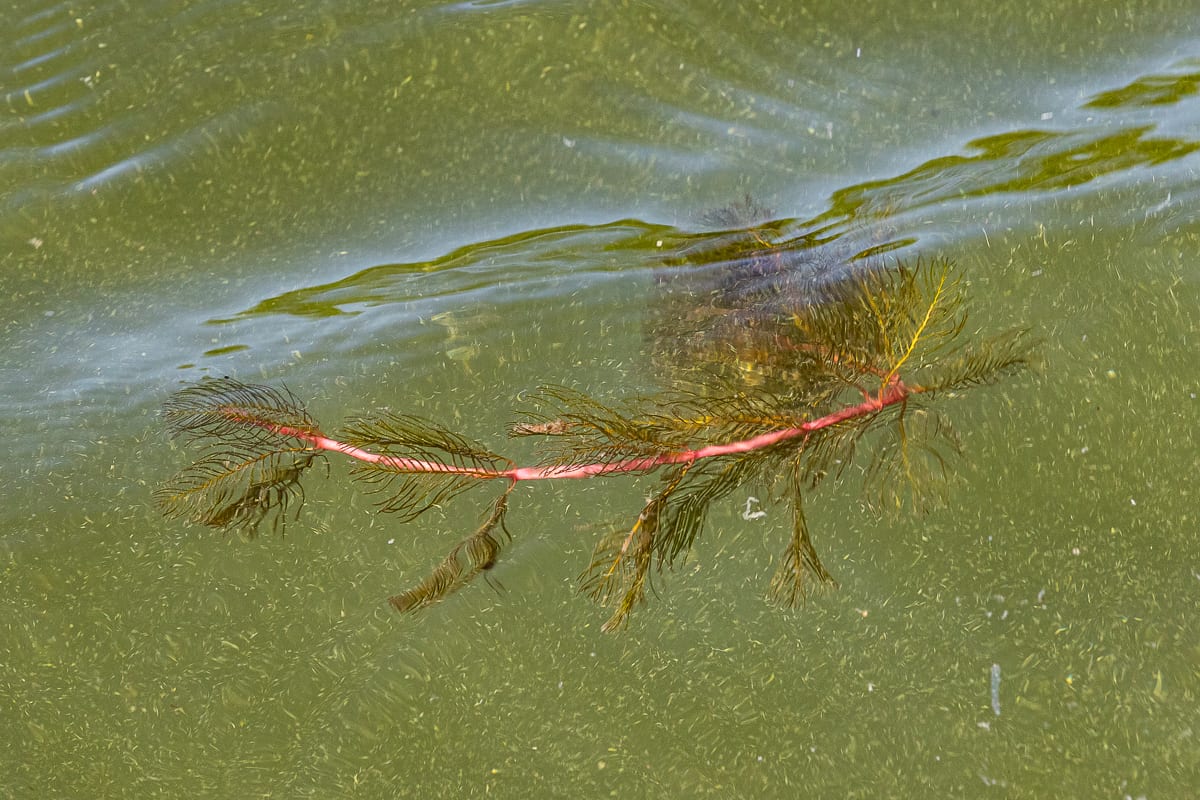The weed plant has stopped growing and cannot absorb the herbicide rendering the planned August treatment less effective
VANCOUVER — Treatment of the Eurasian milfoil weed infestation in Vancouver Lake has been delayed until late summer or next spring because the weed plant has stopped growing and cannot absorb the herbicide rendering the planned August treatment less effective. However, a late summer growth spurt of the weed plant would allow for proper absorption and effective treatment this year. If such a growth spurt occurs, Friends of Vancouver Lake (FoVL) say funds and application permit are in place for immediate treatment.

Larry Cassidy, chair of FoVL, said aquatic biologist Terry McNabb advised the group to wait for vigorous weed plant growth before treating in order to maximize treatment effectiveness and improve lake conditions. McNabb is the designated applicator with AquaTechnex LLC, the company responsible for the application. Monday, after evaluating available data and lake conditions, the FoVL Board agreed to the delay.
McNabb said treating the plants at the right time is key for the future health of the Vancouver Lake.
“The ultimate target of the herbicide is the root crowns of the milfoil,’’ McNabb said. “The leaves and stems in the water column however, are not growing. These are the critical uptake sites for the herbicide. It is probable that an application when the plants are in this condition would result in little or no translocation to the root zone. This would also result in marginal to limited control.”
FoVL will continue to monitor lake and plant conditions to determine the optimal time to treat the milfoil weed for maximum effectiveness.
“From the beginning, we have focused on successful treatment of the Eurasian Milfoil weed infestation immediately threatening the lake,” Cassidy said. “Throughout the complicated process of securing funding and permission to treat over the last eight months, we have always known that lake and plant conditions were variables affecting the treatment date. We will wait for the plant’s growth spurt – perhaps in late summer – to apply the herbicide for maximum effectiveness.”
FoVL has notified all partner agencies of the delay and will continue to keep the public updated as treatment plans develop.
For all inquiries, contact FoVL Chair Larry Cassidy at fcassidy@cassidyjr.com
FoVL is dedicated to preserving and enhancing the environmental and recreational qualities of Vancouver Lake. Learn more at https://vancouverlake.org/




